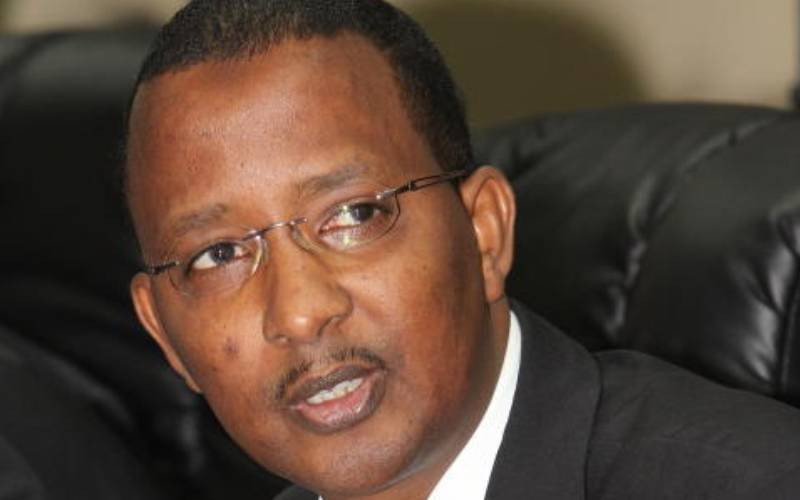×
The Standard e-Paper
Stay Informed, Even Offline

Occupying the lofty position of chair of Independent Electoral and Boundaries Commission, Ahmed Issack Hassan sat at a vantage position in most crucial of times, elections.
The position however came with immense pressure and intrigues. In his book, "Referee of a Dirty Ugly Game", Issack is most generous with the information of who threatened him, who helped him, who advised him on what, and who asked for what.